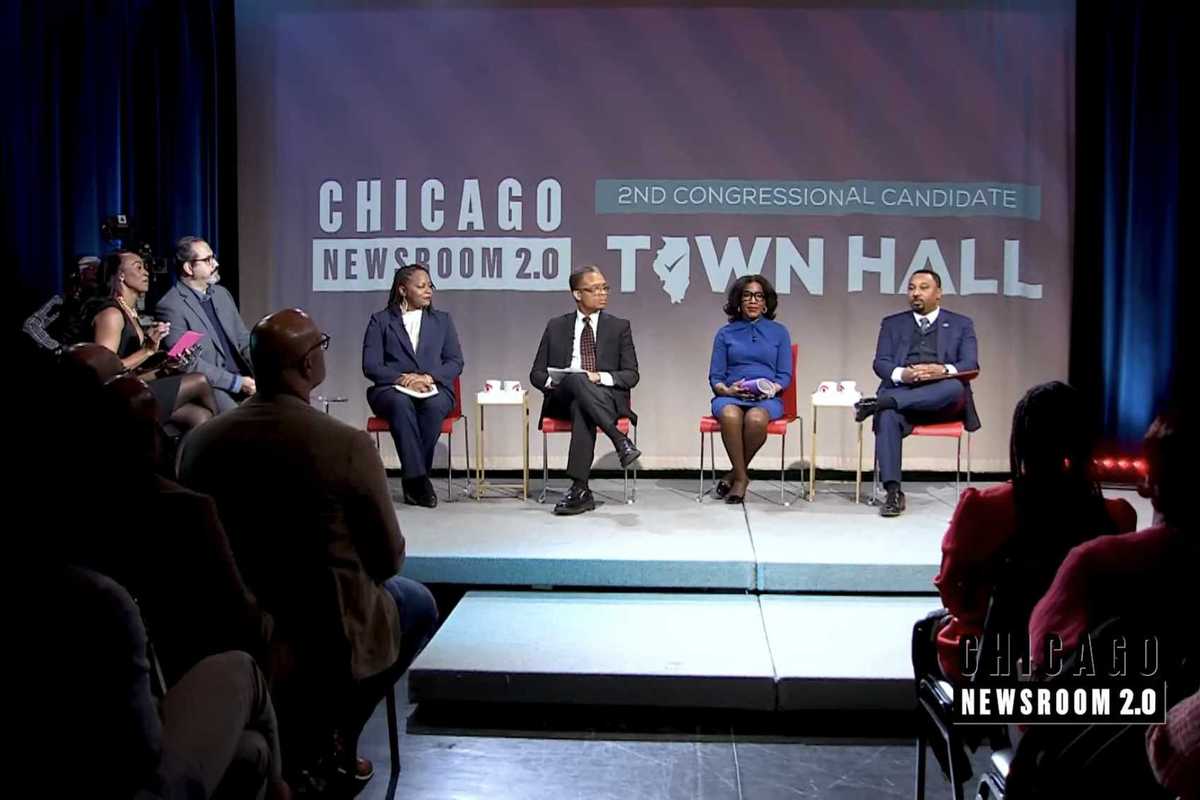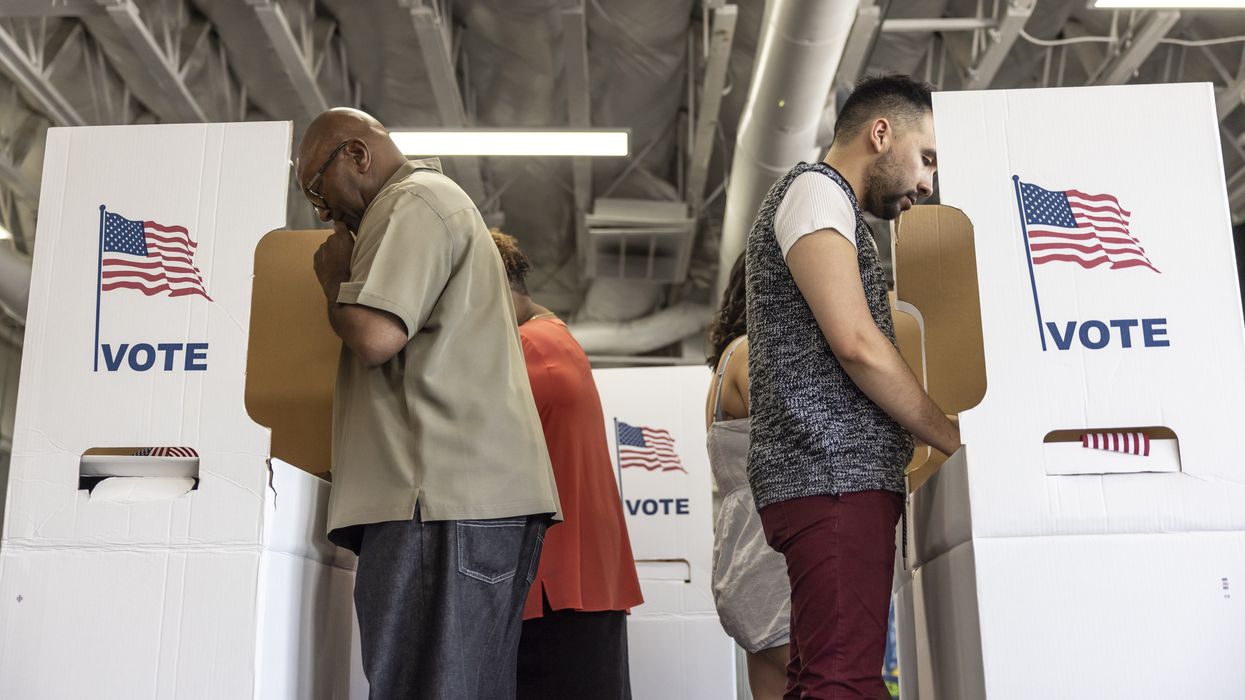There is no question that the Democratic Party has lost touch with the working class. Candidates actually rarely use the phrase "working class," while they never stop saying "middle class." Working class, to most Democrats, feels like a pejorative term. Everyone, after all, wants to rise up to the middle class, which makes up 50 percent of the country.
The 35 percent of the public who fit into the working class, in Rodney Dangerfield's terms, don't get no respect.
So, yes, President-elect Donald Trump and Republicans have turned the tables on Democrats and become the voice for the working class, especially white and Hispanic male working class citizens. Trump needed plenty of middle-class voters, too, but all of the statistics are showing that he got a historically large percentage of working-class voters.
Sen. Bernie Sanders (I-Vt.) has turned down the request to start a third party representing the working class, at least for now. And he should. A party focused on the working class will never elect a president and will not be successful in House or Senate races either.
What America wants is a party or independent candidates who give attention, respect and compassion to working America and retired America — that's most of us. We’re talking about men and women (and their children) of all races who work for a living or who are retired from decades of work and rely on Medicare and Social Security for the majority of their expenses.
Trump, who got just under 50 percent of the votes although a large share of the Electoral College votes, basically spoke better to working America than Vice President Kamala Harris did, and he managed well enough with retired America.
America needs a new agenda for both working America and retired America. Any viable platform would support and probably improve upon both Social Security and Medicare. That is a no brainer. The harder task is to meet the needs, ethics, interests, and hopes and dreams of working America, as well as the middle class. That is a tall, immensely complicated order. Getting 50 percent to 55 percent of their votes in a given election will probably be sufficient. It is not as though a candidate needs 70 percent, or even 60 percent, to win.
But candidates and elected politicians cannot afford to focus on either middle-class or working-class voters. They must focus on them both, along with retired voters.
A family policy that provided paid parental leave and a choice between child care and a tax credit for stay-at-home parents would apply to both hard-working middle-class families and hard-working working-class families. Such a policy — I ran on it during my 2016 House campaign in Maryland — would cut across class lines.
A policy setting the minimum wage at $15 an hour, on the other hand, would not cut across class lines. That is basically a working class policy. Strengthening the National Labor Relations Board would also be chiefly a working-class policy since it would benefit the 7 percent of American workers in unions. Promoting tax deductions for state and local taxes, on the other hand, is primarily a middle-class tax deduction although wealthy Americans benefit from it and some working-class Americans do, too.
Finally, note that a political party or independent candidates who gave due respect to working-class issues, middle-class issues and retiree issues would succeed in presenting an intergenerational agenda to voters. No candidate wants to speak only to young or old voters. You have to do both.
Although voters do not vote only on issues of economic class — as there are issues related to gender, sex, sexuality, national origins, health and other factors — the time is right for all candidates and elected politicians to elevate the old topic of economic class to a higher plateau.
Anderson edited "Leveraging: A Political, Economic and Societal Framework," has taught at five universities and ran for the Democratic nomination for a Maryland congressional seat in 2016.




















